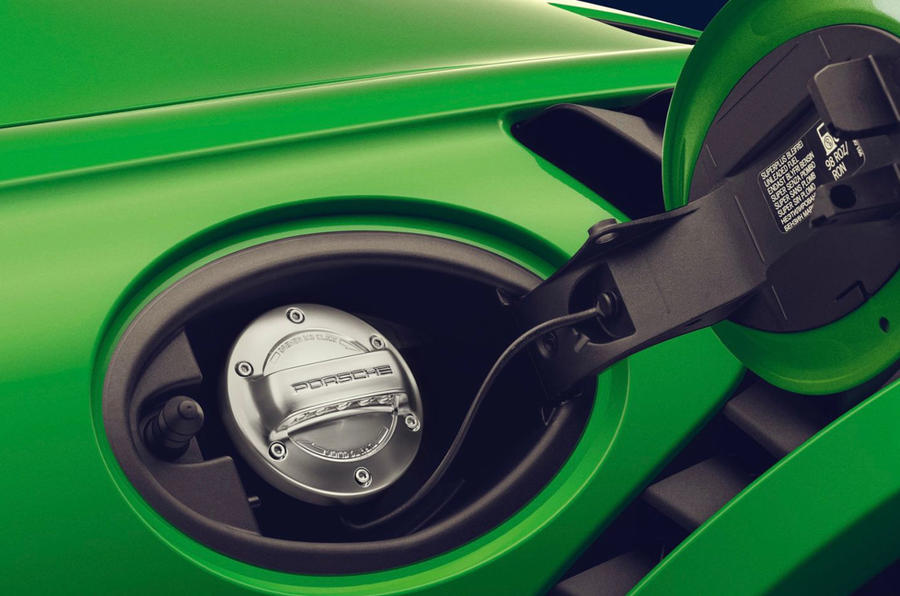What with the current government announcing that internal combustion engines will be banned from sale in a decade and the huge sums being sunk into EV development by Europe’s biggest carmakers, you’d be forgiven for thinking the argument has been won by battery power.
I think not. The massive increase of extraction rates, both of rare earth minerals and commodities such as copper, will become a serious - possibly insurmountable - issue for mass electric vehicle adoption. And the shift to ‘net-zero’ for power generation will also mean that, unlike today, road transport will be fighting for the same power supply as households and industry.
Battery cost, according to a report released yesterday, may flatline at $100/kWh and even rise on increasing commodity cost. Plus, some of the most bullish forecasters think EVs will only account for 31% of global sales by 2030.
We really need another ‘net-zero’ power source for global automobility.
But don’t take my word for it. Ask Daimler (owner of Mercedes) and Chinese company Geely (owner of Volvo). Or ask Porsche and German engineering giant Siemens.
A recent leak in the German newspaper Handelsblatt revealed that Mercedes-Benz was teaming up with Geely to develop a new family of petrol engines, which will be manufactured from 2024 onwards. Surprising, when some have claimed European carmakers are winding down ICE development work.
But much more interesting is Handelsblatt’s claim that these ICE engines will be able to run on both Hydrogen gas and ‘efuels’. The former isn’t science fiction at all. BMW’s Valvetronic petrol engines could burn Hydrogen as a fuel with relatively little modification. Indeed, over a decade ago, I drove a 7-series demonstrator on the much-missed Future Car Run from Brighton to London.
Efuels, though you’d be forgiven for not knowing it, are also a chemical reality. In the 2000s, Audi created ‘e-diesel’ in plastic, using genetically modified organisms and water tubes laid out in desert conditions, using the sun’s energy to make artificial diesel.




Join the debate
Add your comment
Hydrogen is also very dangerous to use as it can explode! And there is not enough infrastructre for Evs yet.
And EVs only being 31% of vehicle sales in 2030? Try "almost all".
It's called an S-curve adoption, and we will see a massive uptick in the next 3-5 years.
ARK Invest predict global EV sales will hit 26 million in *2023*.
A basic 200 mile new EV will cost somewhere between $12,000-$15,000 in 2025.
And that's before you factor in full autonomy and robotaxis.
Predictions like this article are going to look laughably archaic.
Don't believe me - go watch a talk I did recently on The Disruptive Decade, and look at how fast the automobile was adopted, at a time when there were almost no paved roads and no gas stations. And you had World War I in the middle of it.
We're already developing cobalt-free batteries. This is besides the fact that diesel and petrol refining uses up cobalt, at least the cobalt in batteries can be recovered for reuse in new batteries!